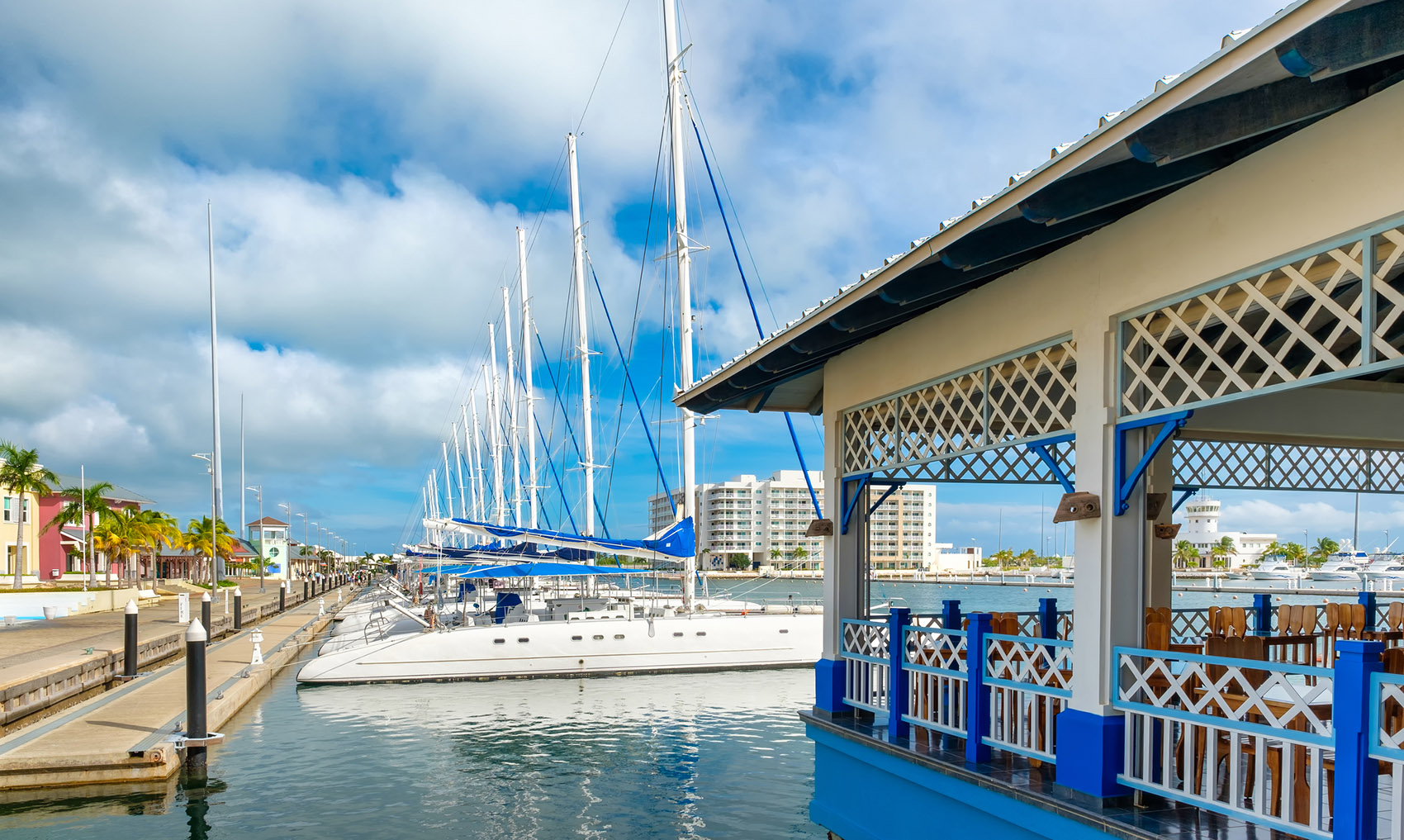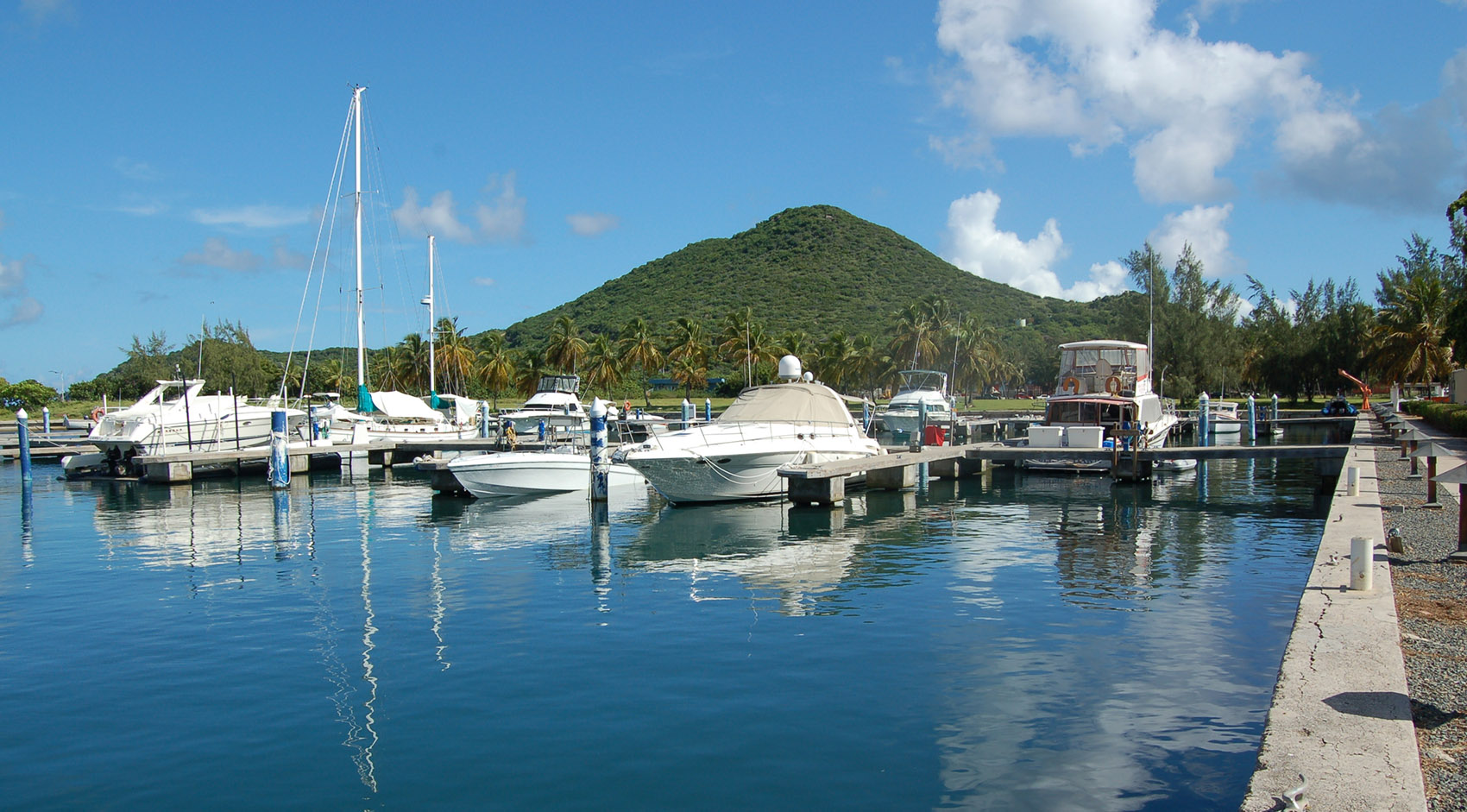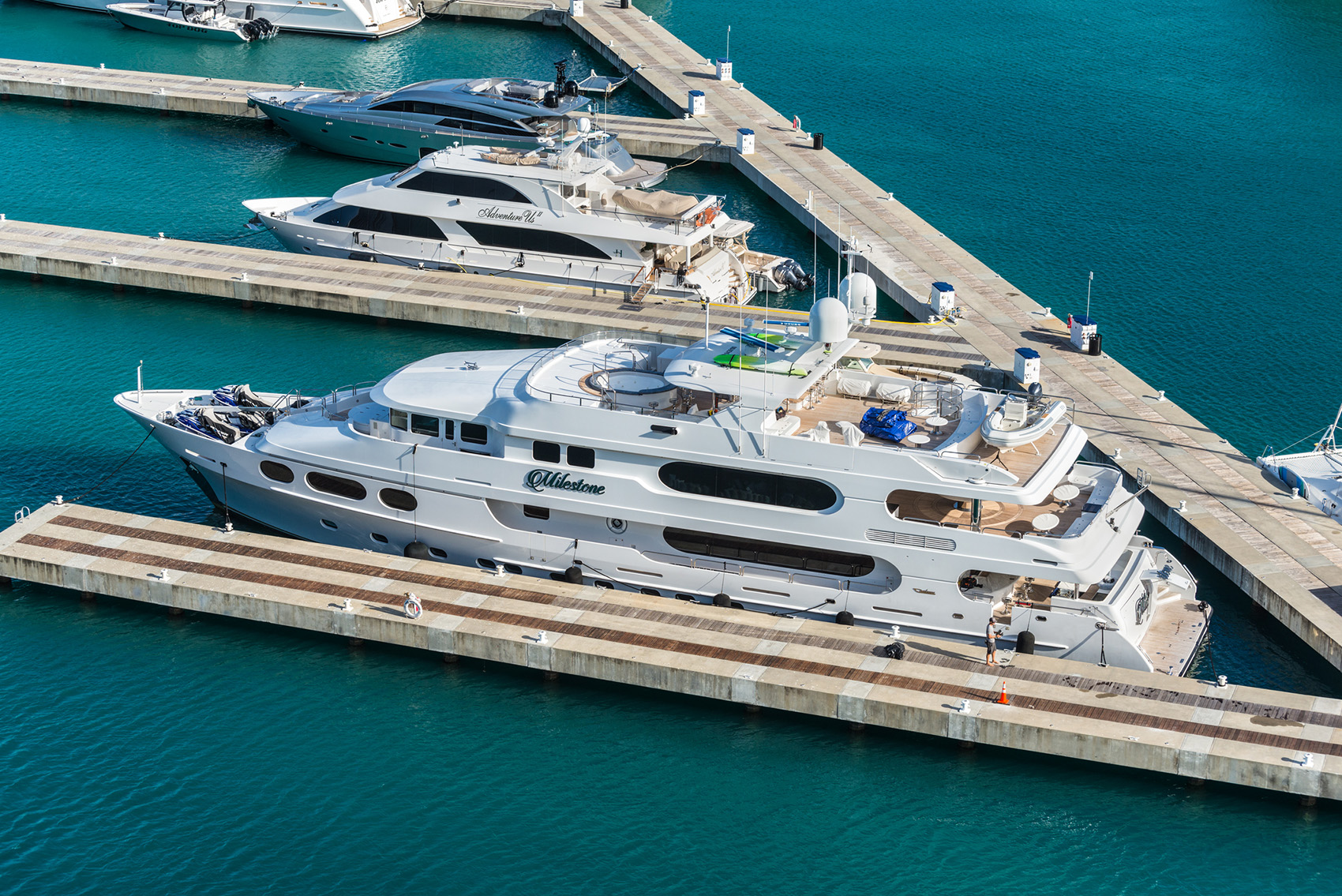Maritime Authority of Jamaica explains
Legal issues governing operation of marinas
Marinas are an important component of the Caribbean’s tourism product, in particular the leisure boating segment. They provide services to yachts either as homeport; or as a transient base; or, as a repair facility. In this regard, marinas serve as a hub for employment and economic development.
There are over 800 marinas in the Caribbean. Evenly distributed geographically, marinas of various characteristics and with differing facilities can be found throughout – from Cuba and Jamaica in the north, southwards through the Eastern Caribbean to Trinidad and Tobago and Aruba in the south. A majority of these marinas accommodate small yachts primarily 40-foot monohull sailing yachts, 46-foot catamarans, and 65-foot monohull motor yachts. However, there are only 70 marinas in the region that can cater to the berthing, maintenance and repair needs of the larger and more sophisticated mega-yachts currently in operation and on the order books.
Mega-yachts will cost in maintenance on average 10% of their purchase price. And, with price tags ranging from US$10 million to US$100 million or even higher, the establishment of marinas to serve these luxurious vessels can provide significant economic benefits for a country. It is therefore in the interest of the governments and private sector interests to capitalise on this lucrative segment of the yachting industry.
Puerto Rico has been a ‘first mover’ with the announcement of the new US$73 million investment in a mega yacht marina and service yard to be built in San Juan, the first phase of which will be completed in 2019. The investment is expected to generate revenues of between US$200,000 and US$500,000 per vessel and create about 1,300 jobs.

Although there is no standard categorization, marinas fall into three main groups namely traditional marinas, club marinas and service repair marinas, the latter two linked to yacht clubs and boatyard rel0ated services. Caribbean marinas offer five primary services:
 (i) wet storage and anchorage;
(i) wet storage and anchorage;
(ii) charter services;
(iii) boat servicing, repairs, and chandlery;
(iv) accommodation and recreational amenities; and
(v) hurricane shelter.
–[Economic Commission for Latin America and the Caribbean (ECLAC)]
Like ports, marinas straddle the interface between the sea and land and are therefore exposed to maritime and non maritime liabilities, dependent on the services each provides and the associated duties and obligations to be discharged.
On the water side, marina operators have a duty to provide adequate moorings and safe berth. This includes maintenance of adequate depth of the water alongside and the management of those aids to navigation over which it has control. Operators may also be held liable for environmental damage arising from discharges from the vessels moored or stored at its facility or from the shore-side tanks and receptacles which collect or hold waste oil, sewage and garbage.
Rentals and charters

Some marinas in the Caribbean engage in boat rentals and charters. This activity exposes them to personal injury and property damage claims where vessels are negligently operated by its employees or customers.
The onshore services of a marina include the storage of vessels and repairs and liabilities may arise from theft, fire, improper storage as well as damage which might occur during the launch or “haul out” of a yacht by a forklift or crane. On shore liabilities of marinas generally fall under three broad headings: claims in Contract, Tort (negligence) and Bailment.
Marina operators usually enter contracts for the mooring of the yachts, use of berth slips and for the storage of the yachts. A typical agreement would contain clauses relating to the storage period, mooring location, fees or rent and the standard rules of the marina. A court will look at the terms of the agreement to determine the obligations and therefore liability of the marina operator and/or its agents or employees.
In addition to setting out its obligations to the yacht owner, marina operators protect themselves by incorporating clauses which limit or excluding liability for any losses as well as requiring the yachts to have liability insurance. Indemnification clauses which require the yacht owner to indemnify the marina for any damage to property, injury to third parties resulting or arising from the yacht owner’s use of the yacht are also not uncommon.
At common law, only a small category of contracts is required to be signed to be enforceable and some marinas will usually install visible signage which refer to a standard moorage agreement. The agreement should normally be posted in a conspicuous place in the marina or is otherwise readily available.
Slip rental

Slip rental agreements, which contain exculpatory clauses excluding the marina and its employees from all liability for damage, may also be used. The courts have however held that, to be enforceable, such clauses must be clear and unequivocal; and, will interpret such clauses strictly against the party seeking to benefit from the clause or otherwise limit its own liability, namely the marina operator. The courts have also held that where such clauses are found on the back of contracts and in fine print there must be clear evidence that the clauses excluding or limiting its liability were pointed out to the yacht owner prior to entering the arrangement.
Marina operators, like warehouse workers, are deemed in law to be bailees as they are given temporary possession of personal property for a determinable time without the transfer of ownership. Bailment is an ancient legal concept and as a bailee for reward, the marina operator has a duty to exercise due care and diligence towards the yacht as a prudent owner and to return the yacht in the same condition as when it was received.
A claim in bailment is normally established when the yacht owner proves that he delivered the yacht to the marina in good condition and it was damaged during the time it was in its possession. The liability of the marina operator as a bailee is however not absolute and where it is shown that the owner and his guests have free and unimpeded access to the vessel, the operator would he held not to have exclusive right to possession of the yacht and the claim for bailment would therefore fail.
Duty of care
An operator of a marina has a general duty of care to yachts of its customers and, where this duty is breached and damage results, will be held liable in negligence. Where clients of the marina suffer personal injury or loss while lawfully using the facilities, the operator may be held liable under the tort of occupier’s liability. The marina operator, as the owner or lessee of the marina, would be deemed in law to be an occupier with the resultant obligation to ensure that the premises are safe for the lawful use of its visitors. This duty may also be grounded in statute in the form of the Occupiers Liability Act which has been passed in most jurisdictions in the Caribbean.
Certain claims made against a marina may be treated as a maritime claim based on the nature of the service provided and the marina may be able to take advantage of the provisions of the International Convention on the Limitation of Liability for Maritime Claims – 1976, as amended, provided the treaty can be applied in the jurisdiction where the marina is located. This unique feature of maritime law will allow the marina to limit its liability according to the tonnage of the largest yacht, which called at the marina within a period of five years prior to the occurrence of the damage.
In the ‘post 9/11 era’, marina operators can be held liable for losses due to security incidents, where it is found that the marina did not comply with the International Ship and Port Facility Security Code (i.e., the ISPS Code) and the applicable local legislation which implements that Code. The Code applies to commercial yachts over 500GT. And a yacht carrying more than 12 passengers would be deemed to be a passenger ship and obliged to comply with the Code.
A marina which receives such yachts that arrived after an international voyage would be bound by the provisions of the Code and are required to have a port facility security plan and trained port facility security officers.
Operators insurance
In addition to having contracts and systems in place to ensure the safety of marina and its facilities most operators protect themselves with marina Operators Liability insurance which provides coverage for loss or damage to the vessels in the care of the marina.
As with any insurance contract, there are activities, which are excluded from the cover and actions of the insured that can void the policy. It is important for the marine operator to carefully examine the policy document to ensure that it is properly covered for claims that could be made against it.
There are substantial economic benefits to be derived from the operations of well-managed marinas, especially those catering to mega yachts. However, operators must ensure that their employees are properly trained and that there are watertight contracts supported by adequate signage and insurance to reduce the risk of exposure to claims for breach of contract, negligence or bailment. []
- CONTRIBUTED by Maritime Authority of Jamaica.
- First published November 1, 2017





